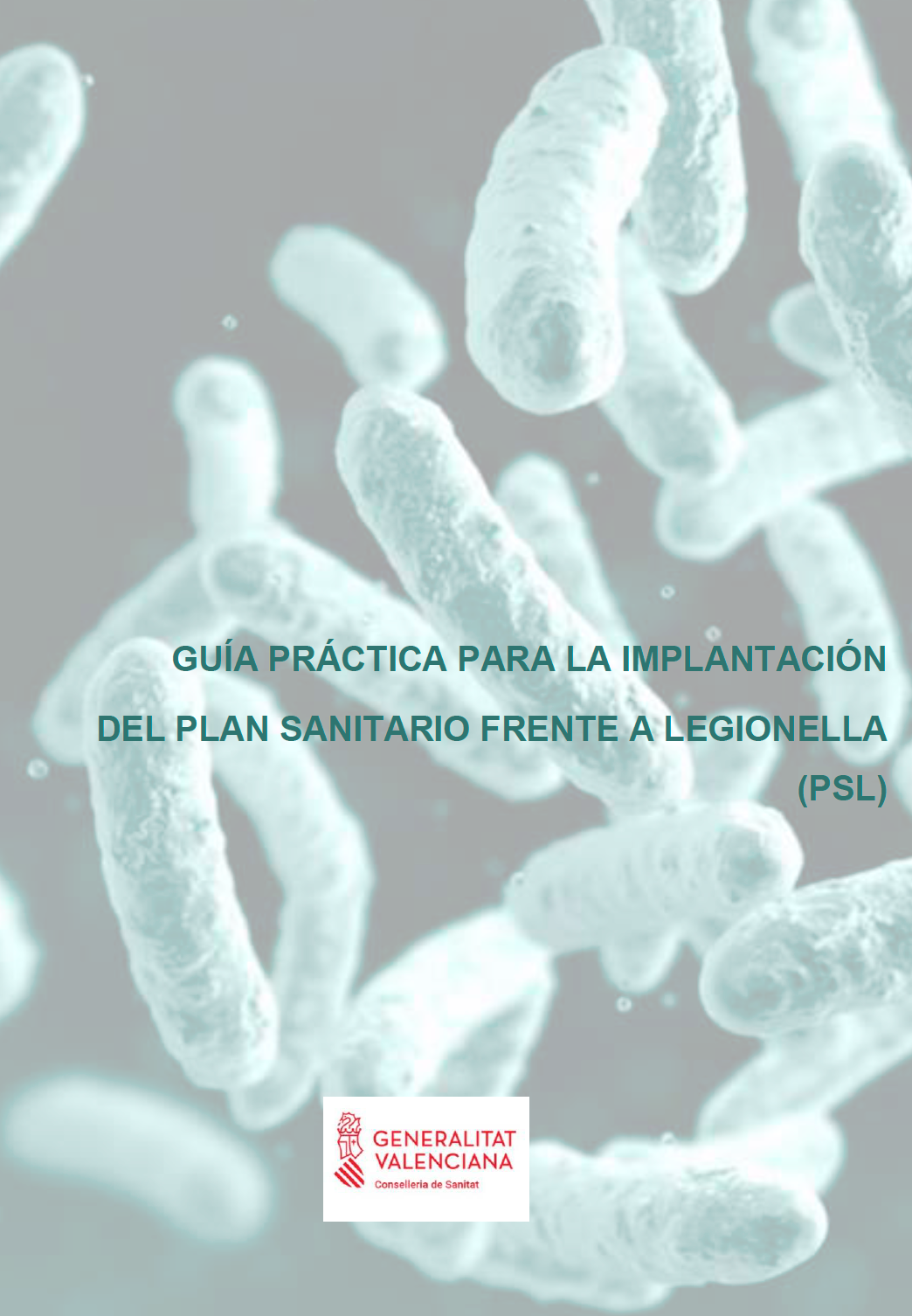A LHP (Legionella Health Plan) is an additional resource based on risk assessment according to WHO recommendations. This Legionella Sanitary Plan is especially recommended for priority facilities such as hospitals, nursing homes or health centers, although it can also be applied to other risk facilities according to Royal Decree 487/2022. To this end, its effectiveness must be validated and demonstrated by data and results, and it must be adapted to the particularities of each installation.
The technical responsible for the Legionella Sanitary Plan is responsible for elaborating, developing, implementing and evaluating the plan, as well as proposing the necessary corrective measures to the owner of the facility. A useful tool for applying the PSL is the UNE 100030 standard.
Steps for the correct implementation of the Legionella Sanitary Plan
– Creation of a PSL team: identification of those responsible for the development and implementation of the plan. This team must be multidisciplinary.
– Description of the water installations: inclusion of the diagrams of the water circuits.
– Hazard identification and risk assessment: assessment of hazardous conditions in water distribution facilities and determination of necessary control measures.
– Control and verification measures: determination of the points where control measures will be applied to maintain conditions within the established limits.
– Management and communication: Establishment of documentation and communication procedures for all program activities.
– System documentation: record of all activities, incidents and corrective actions carried out, together with the attached documentation to be included in the PSL.
– Continuous evaluation of the plan: establishment of procedures to verify and validate that the program was implemented correctly and that it effectively controls hazardous conditions at water facilities.
Benefits of an effective Legionella Health Plan
*Regulatory compliance: ensures that the installation complies with current regulations, avoiding penalties and fines.
*Public health: minimizes the risk of Legionella outbreaks, protecting the health of users and workers.
Implementing an effective Legionella Sanitation Plan according to the new regulations is not only a legal obligation, but also an ethical responsibility to ensure the safety and health of all people interacting with the facilities at risk. We are already implementing these plans for all our industrial customers and are working closely with the relevant authorities.

